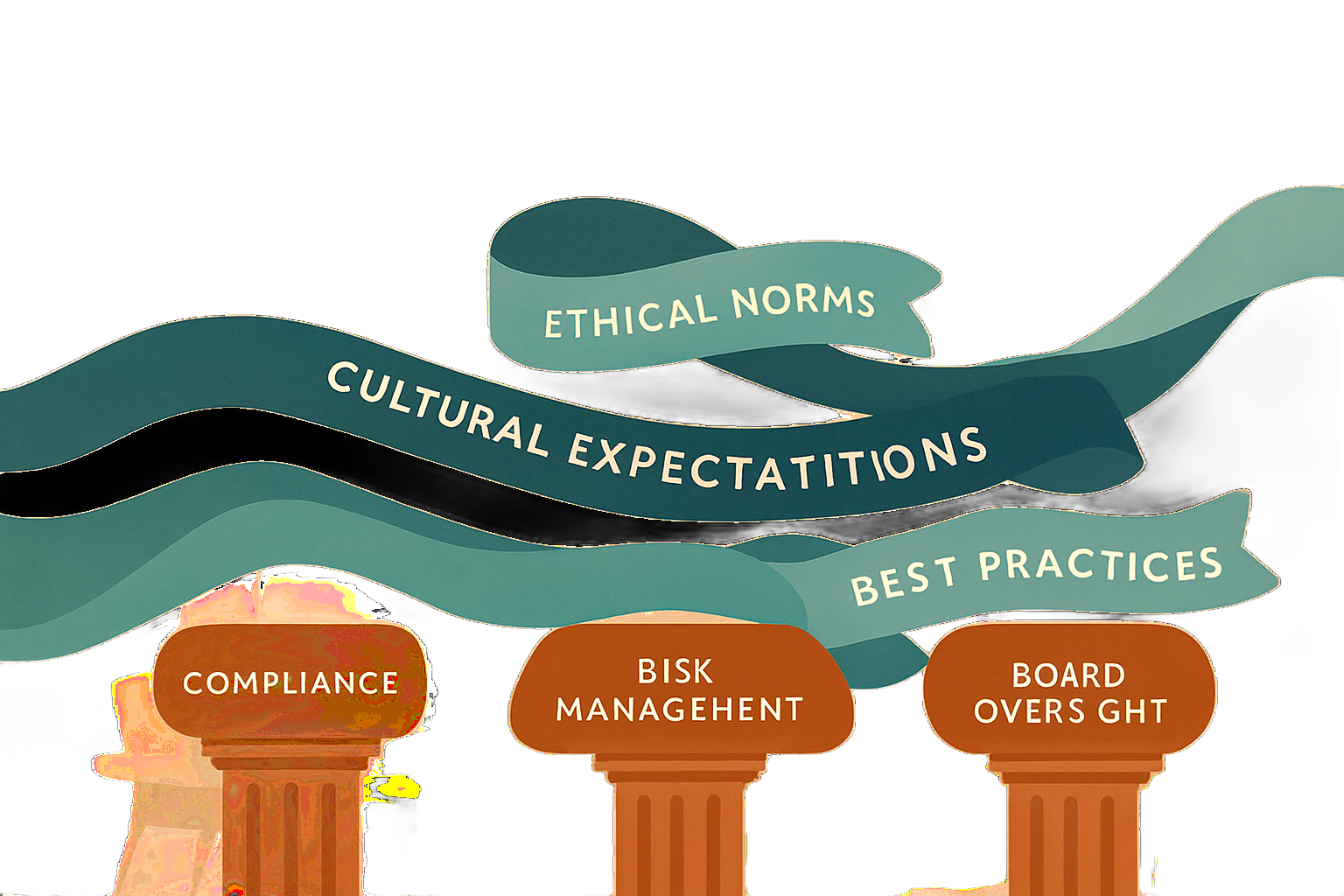Blogs and Information Sharing

The Aftermath of Whistleblowing: An Ethical Reckoning or Cultural Unravelling?
In boardrooms and breakrooms alike, whistleblowing evokes mixed emotions—admiration, suspicion, discomfort, and not to mention a great deal of fear. Yet, the act itself is often less telling than the response it provokes. When someone exposes wrongdoing, the aftershocks reveal the true nature of an organisation’s culture, leadership, and governance maturity. This is where the organisations values are really measured.
The Aftermath of Whistleblowing: An Ethical Reckoning or Cultural Unravelling?
In boardrooms and breakrooms alike, whistleblowing evokes mixed emotions—admiration, suspicion, discomfort, and not to mention a great deal of fear. Yet, the act itself is often less telling than the response it provokes. When someone exposes wrongdoing, the aftershocks reveal the true nature of an organisation’s culture, leadership, and governance maturity. This is where the organisations values are really measured.
Whistleblowing as a Governance Stress Test
Much like a financial audit stresses economic resilience, whistleblowing tests ethical, moral and value-based foundations. Key questions:
- Does the board listen or dismiss?
- Does the board hear but chooses not to listen?
- Does Human Resources / People Team act independently or defensively?
These questions become litmus tests for credibility. Where frameworks exist but are quietly or perhaps as is often the case in whistleblowing openly and knowingly circumvented, the whistle blower becomes an inconvenient mirror—reflecting systemic gaps in transparency, inclusion, and psychological safety.
The Whistle-blower's Journey: Isolation, Integrity, or Impact?
Despite legal protections, many whistleblowers face marginalisation, retaliatory scrutiny, or veiled hostility, or open attempts at professional discreditation. Others may find vindication, either through external regulators or shifting internal dynamics. In both cases, it’s rarely a linear path. Their courage often results in personal cost, and yet their actions may ignite policy reforms, leadership reviews, or cultural transformation.
Beyond the Incident: Institutional Learning or Reputational Risk Management?
The aftermath is where strategic leadership is most visible. Do boards and executive teams use the disclosure as a springboard for learning? Or do they manage optics while resisting deep reform, or worse still covering up bad and wrongful practice. The organisations that grow are those that treat whistleblowing not as an attack but as an opportunity—investing in root cause analysis, revisiting accountability structures, and strengthening trust.
Leading Through Whistleblowing: A Call to Boards
This moment requires courage—not just from those who speak out, but from those who are paid, and those who have a statutory duty to listen and act. Boardrooms must not only receive disclosures, but also embed mechanisms that protect truth-tellers, hold power, authority and influence to account, and promote restorative culture.
Robust governance is never tested more meaningfully than in the face of ethical disruption.
For more information, support on or around whistleblowing contact.

Are Conventions Necessary to Support Policies? De’Leigh would say yes … and here is why:
“I was asked by a student what was the difference between a policy and a convention, do you need to have both and if so, how do you get buy in and results?”





